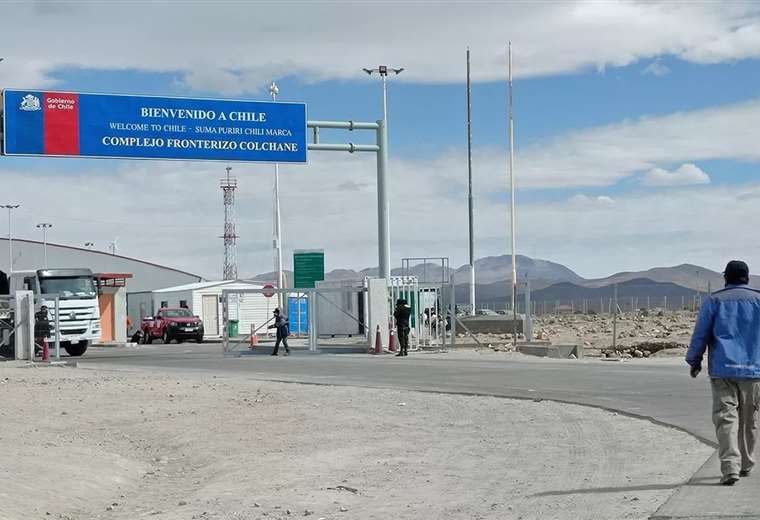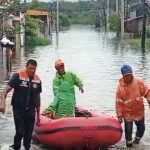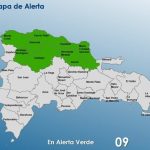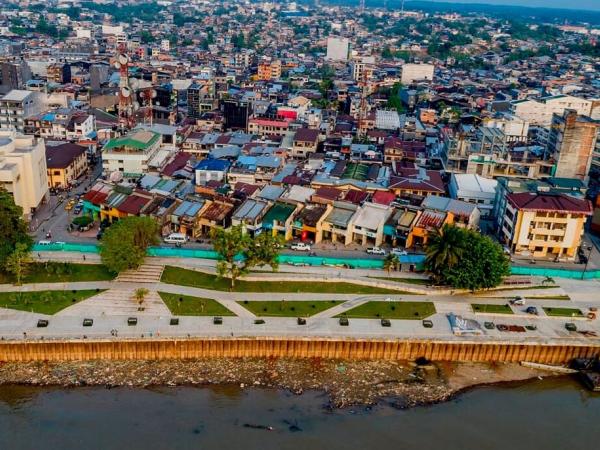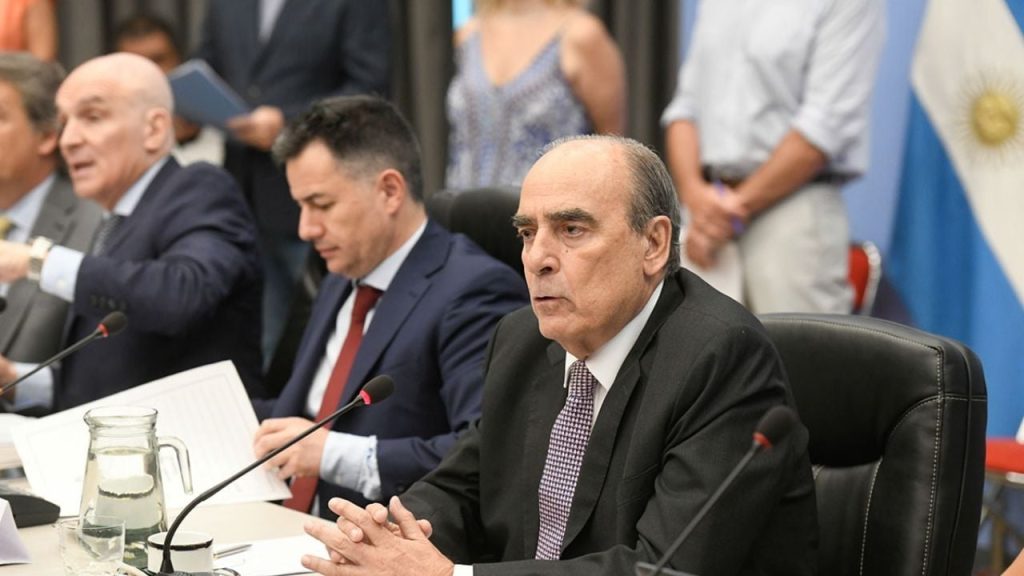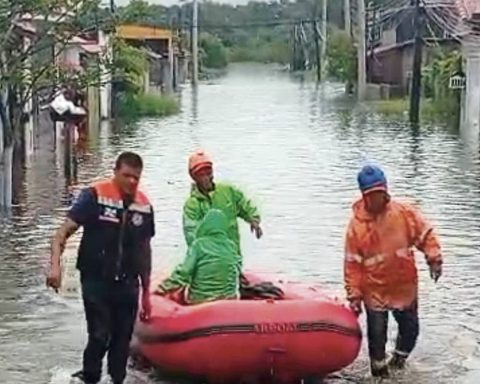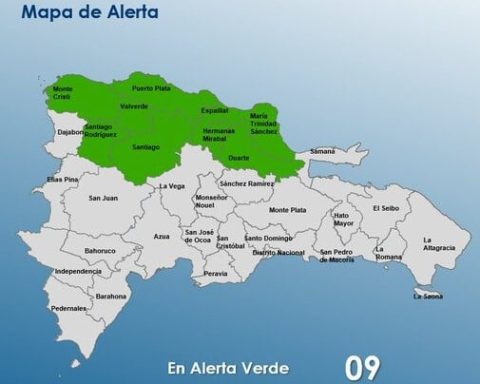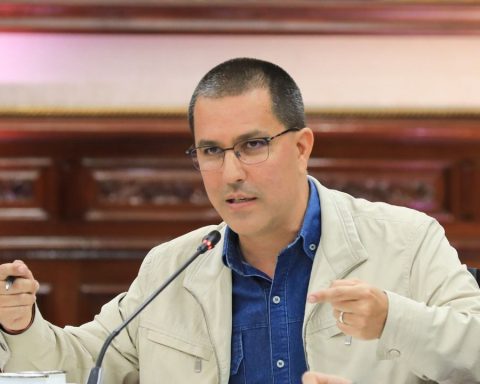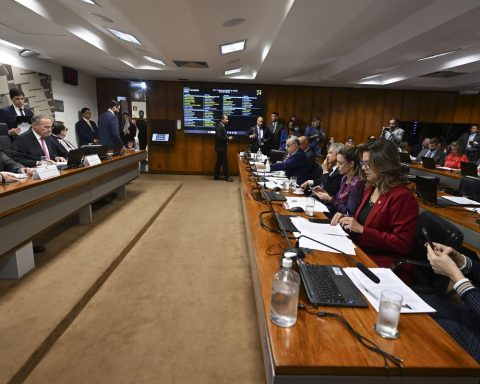September 1, 2024, 8:00 AM
September 1, 2024, 8:00 AM
The porosity of Bolivia’s borders is one of the main factors that is facilitating the growth of organized crime in the regionpointed out the majority of the exhibitors at the III Meeting of South American Guilds and Chambers – Fighting illicit tradewhich took place on August 28, in Lima, Peru.
Representatives of business associations from Chile, Peru and Bolivia explained how transnational criminal organizations such as Aragua Train, the First Capital Command (PCC) and the Red Command, Among the main ones, they recruit people with limited resources -even in prisons- and promote the smuggling and illicit trade of products ranging from textiles, cigarettes, weapons and drugs.
Pilar Lizana, a researcher dedicated to the study of illicit trade and organized crime in Chile, said that The most “porous” border is the one your country shares with Bolivia and then with Peru, which has caused that in the last three years criminal groups have arrived with international links. “The most important consequence is the deterioration they generate in the rule of law, the weakness of institutions and the damage ultimately caused to democracy,” Lizana indicated.
Claudia Linares, president of the Commission for the fight against illicit trade of the National Society of Industries of Peru (SNI), considered that the Peruvian textile sector is being seriously affected by the Used American clothing arriving at Chilean ports, as well as the sector of cleaning products and cigarettes that enter through Bolivian borders.
“The tax authority has calculated the damage, in taxes for the Peruvian State, of $600 million a year. However, the industrial and private sectors estimate that it is a little more,” he said.
For his part, the president of the SNI, Felipe James, pointed out that, “in addition to the economic implications, Illicit trade represents a national security problem, that affects the integrity of our countries,” and announced the constitution of the South American Council of Guilds and Chambers of Commerce against smuggling, as part of the agreement of the participating unions.
José Pakomio, president of the National Chamber of Commerce of Chile (CNC), explained that the main smuggled product that enters from Bolivia to his country, it is the cigarette. He also regretted the weakening of border controls, due to the fact that the economies of the countries “are somewhat weakened”, also for political reasons, which affects decision-making.
“Today cigarettes, in the case of Chile, mean a evasion of nearly $1.9 billion. So, I think that the discussions of our authorities should also go along those lines, to understand, know and look for tools that help us to address this problem that, unfortunately, is growing within our borders, said Pakomio.
Gonzalo Morales, vice president of the National Chamber of Industries of Bolivia (CNI), said that Smuggling in Bolivia moves more than $3.5 billion a year, which is equivalent to one month of the Gross Domestic Product (GDP). “The good news is that in this meeting we had in Lima, we have named this meeting the CLatin American Council for the Fight against Smuggling”, added the Bolivian executive.
